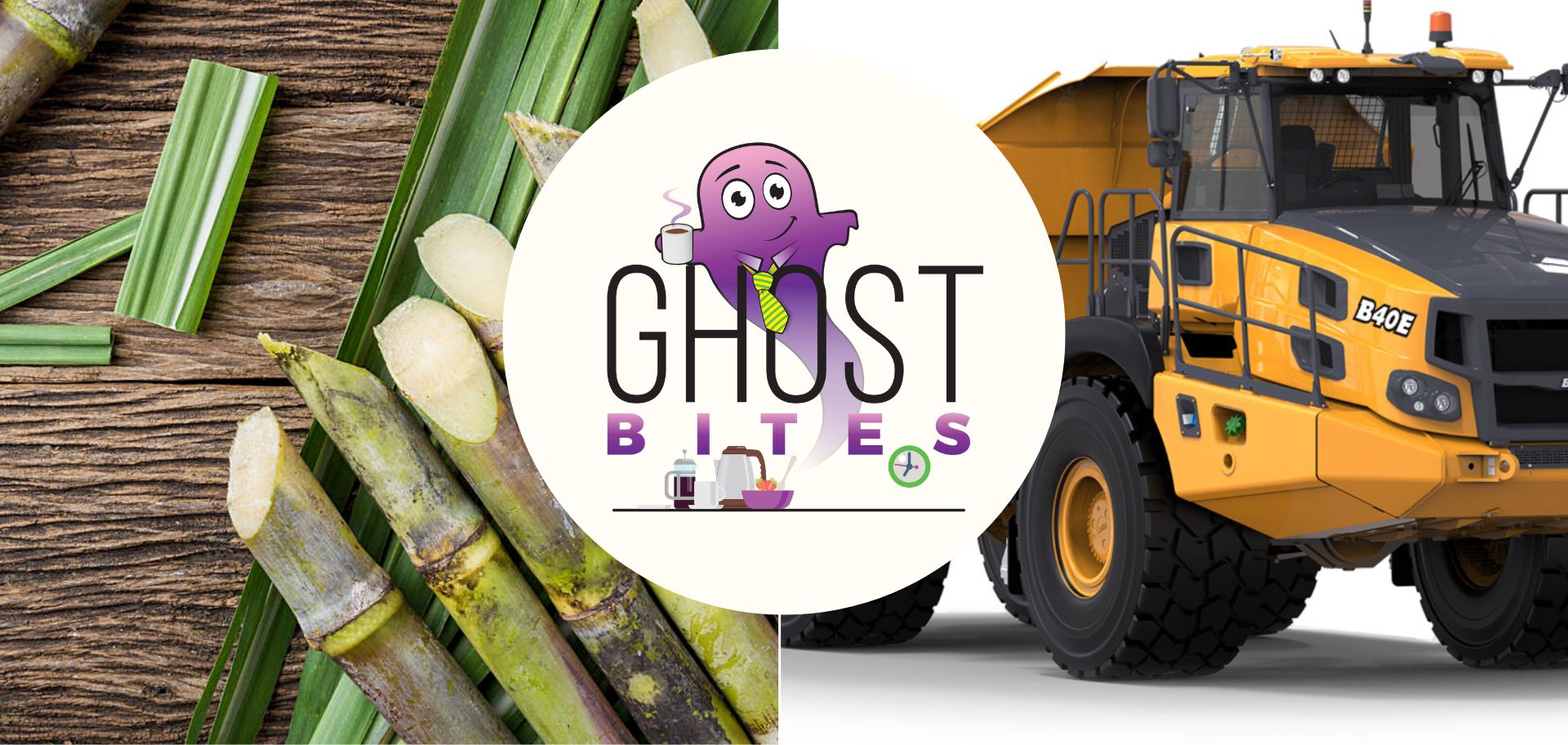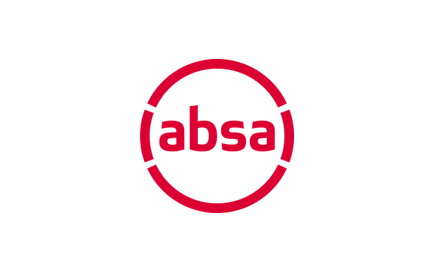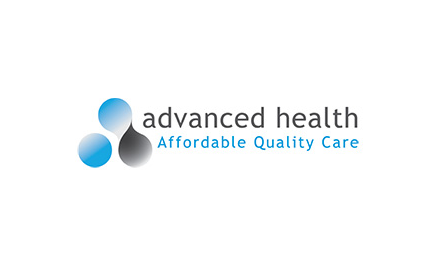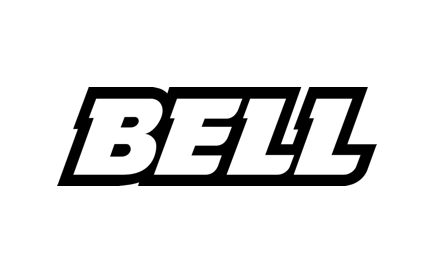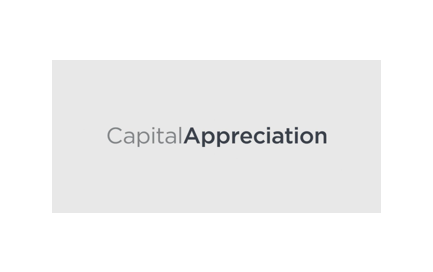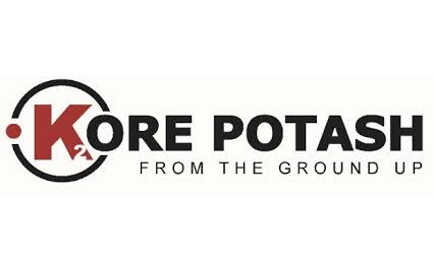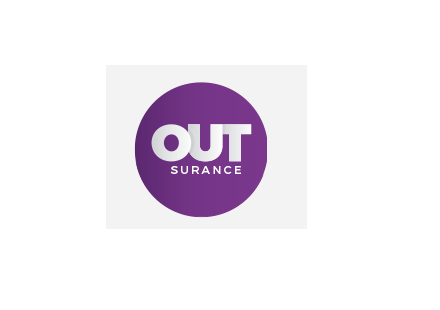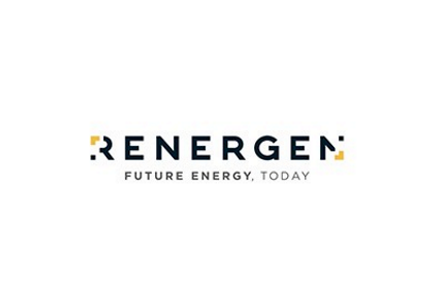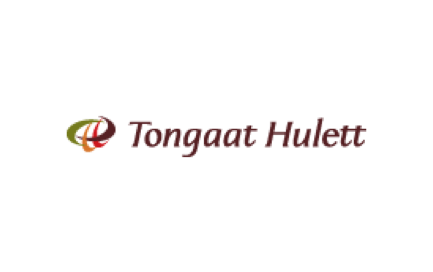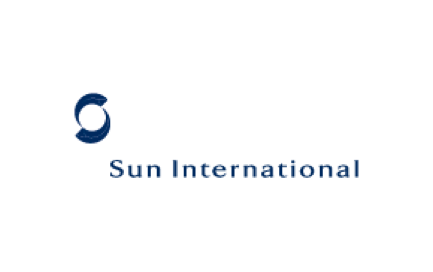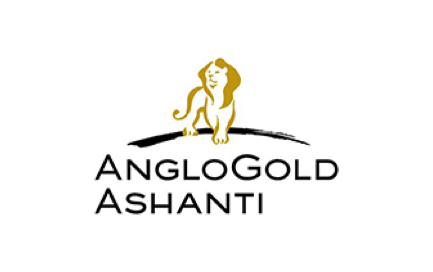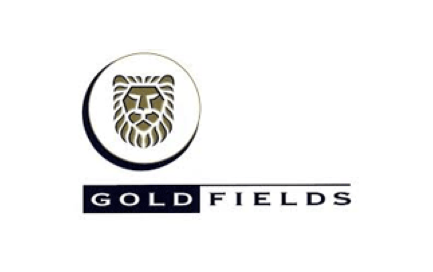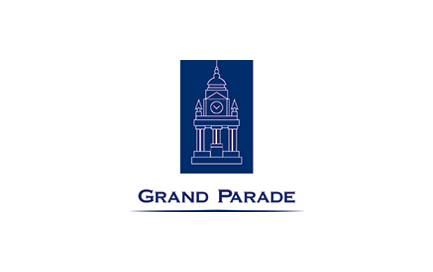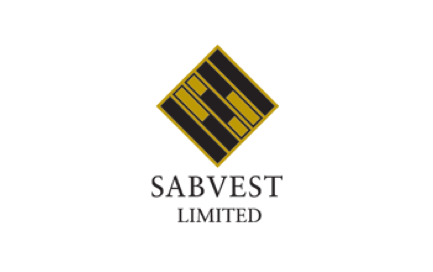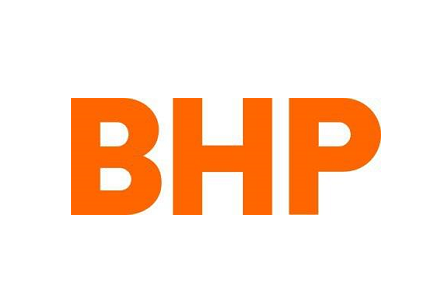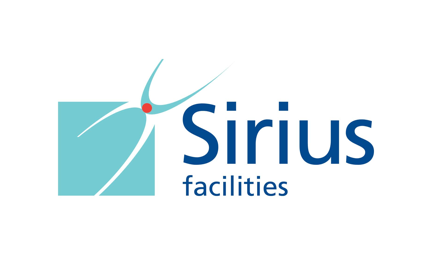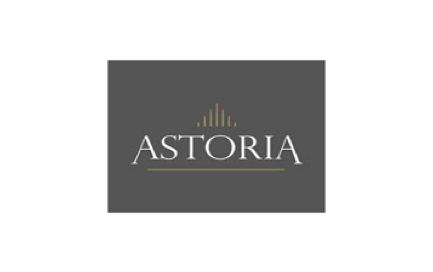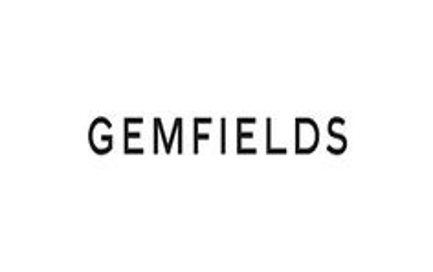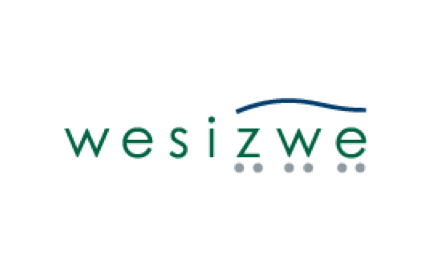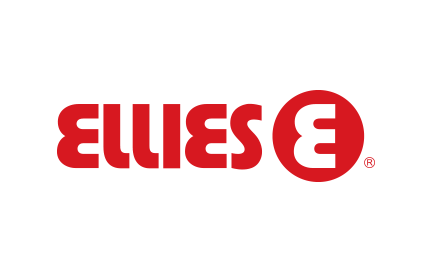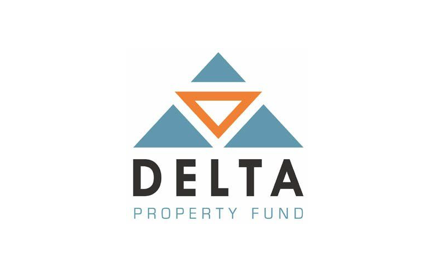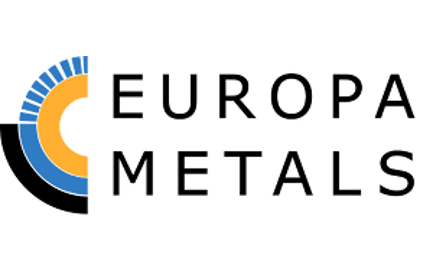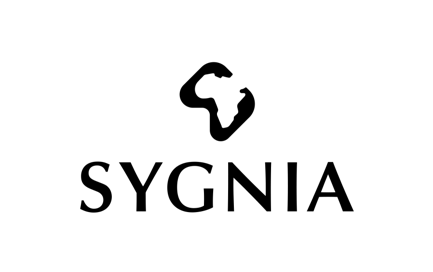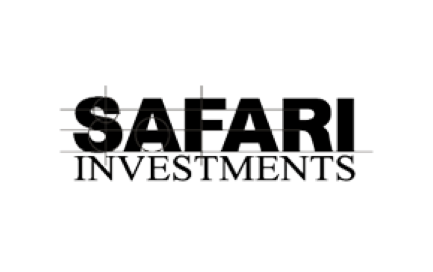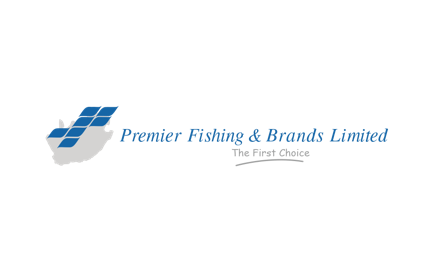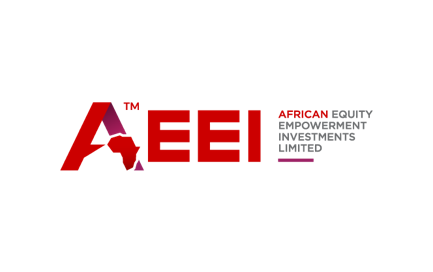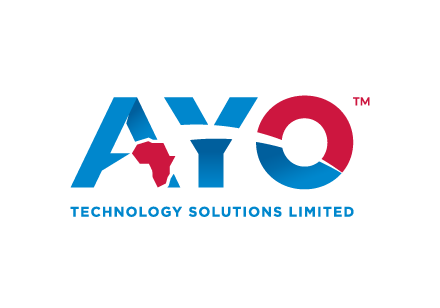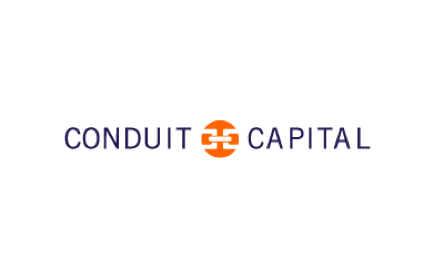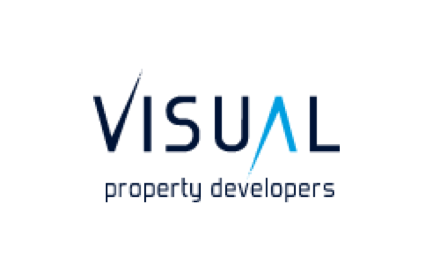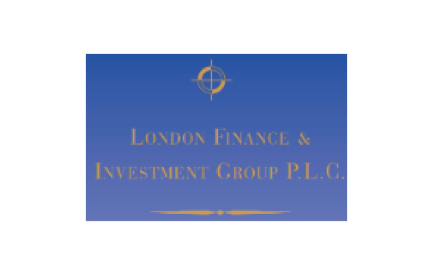
Absa announces a 7% B-BBEE deal (JSE: ABG)
Sadly, retail investors can’t get involved
After Old Mutual’s recent deal, I was quite chuffed to see the headline on SENS about a new B-BBEE deal at Absa. The investable universe of listed B-BBEE structures is tiny and offers very little in the way of industry diversification.
Disappointingly, Absa isn’t improving the situation.
A 4% stake will land in the hands of a CSI trust and 3% is going to a staff trust. This is an R11.16 billion deal that Absa says will sustainably take its Black Ownership (as defined in the Codes) above 25%.
Interestingly, 82% of the scheme will be attributable to Black staff, which gives a sense of the underlying demographics in the group. There will essentially be a “kicker” for Black staff in the form of a larger allocation than for non-Black and foreign counterparts.
The CSI trust will focus on education and youth employability, both of which are critically important to the future of our country.
The funding structure includes a sizable portion of equity linked to existing shares held by Absa that were received from the Barclays separation, as well as preference share funding of R4.5 billion at 72% of prime and mezzanine funding of R1.7 billion at 90% of prime.
With only 55% of the value of the special purpose vehicle holding the shares funded by the senior and mezzanine preference shares, the level of gearing is reasonable from the outset. Long gone are the days of 100% geared structures using external bank funding, the only beneficiary of which was usually the bank providing funding that was in any event guaranteed by the corporate doing the B-BBEE deal.
There will be a substantial IFRS 2 charge linked to the equity portion of the structure, which will drop Absa’s headline earnings by over 3%.
Widening losses at Advanced Health (JSE: AVL)
The numbers are going the wrong way
Advanced Health is in the process of selling the PresMed Australia business, having received a resounding approval from shareholders for the deal.
The group needs to achieve a turnaround in its profitability, as a trading statement confirms that the headline loss per share for the year ended December 2022 will be 27% worse than the comparable period, coming in at -4.18 cents per share.
Importantly, this is a headline loss from continuing operations, so there is much work to be done.
Bell signs off on a wonderful year (JSE: BEL)
The share price is up 170% over 3 years but is still at a modest multiple
If you can get the timing right in cyclical businesses, you can make serious money. You needed a crystal clear ball, not just a crystal ball back in 2020 in the height of Covid to know that the commodity sector (and related industries) would do well. If you had one of those (or just made a lucky guess), you would really be smiling in Bell Equipment.
In the year ended December 2022, revenue increased by 28% and HEPS was good for 61% growth. The dividend per share surpassed both those growth rates, up 80%. I wouldn’t describe Bell as a cash cow though, as HEPS was 473 cents and the dividend was 90 cents, so the payout ratio was only 19%.
The required investment in working capital is part of why Bell can’t pay huge dividends. Group inventory increased by 31% to support sales, which in absolute terms means R1.1 billion worth of shiny yellow equipment that inspires many toys at the local toy store. Full disclosure: yellow earthmoving equipment is Toddler Ghost’s absolute favourite thing in the world.
At a closing price of R17.25 per share, this puts the company on a trailing Price/Earnings multiple of just 3.65x. The dividend yield is appealing but not as high as some other JSE companies, trading at 5.2%.
There’s a paragraph linked to load shedding that really lays bare the impact of Eskom on our economy:

But to cheer you up a bit on this Monday, here’s the all-important paragraph from the outlook section:

This Bell might be ringing for a while still…
Caprec: revenue up, profits less convincing (JSE: CTA)
A long-term view is needed here on Capital Appreciation
Capital Appreciation offers products and services that are in fast-growing industries. That’s a good thing. Sometimes, this requires substantial investment to maintain a solid position in the market and to keep growing. That is hopefully only a bad thing when viewed through a short-term lens.
It’s been a wobbly of a year for Capital Appreciation, with the impairment of the GovChat loan scaring off some investors and leading to others increasing their positions in a time of market volatility. Perhaps more of this will happen when results are released in June.
In the meantime, the group has given an update on the year ended March to try and limit any surprises when detailed results come out.
In the Software division, there has been “exceptional revenue growth” but there has also been a significant increase in headcount and business development spend. This has led to some contracts being won that will only pay off in the next financial year, so there is a warning here about the impact on profits for the financial year that just ended.
There’s also a cautious update on the Payments business, which has experienced double-digit growing in terminal volumes but has seen a change in sales mix towards lower-priced terminals, which has a negative impact on profits.
The group has also reminded the market that the balance sheet has no debt and is in a strong position.
The management team has given the market ample warning here that revenue for FY23 will look good and profits will be under pressure. Despite this, there’s every chance of share price volatility when the results are eventually released.
The company recently joined us on Unlock the Stock, an incredibly useful resource for you to learn more about Capital Appreciation (and Afrimat from the same event):
Kore Potash needs to get its projects across the line (JSE: KP2)
The company needs to raise funds before the fourth quarter of 2023
Kore Potash has released its financial results for the year ended December 2022. The company’s focus is primarily on the Kola project in the Republic of Congo. You may recall that the Minister of Mines got grumpy with the company about lack of progress at the project, even leading to the address and release without charge of two senior employees.
A few visits to the Congo later and things seem to be ok on that front. That’s just as well, because the company doesn’t have sufficient working capital for the next 12 months and needs to get its project across the line. Net outflows for the year were $5.7 million and the cash balance is $5 million. You don’t need your calculator to help you see the problem here.
Thankfully, a lot of progress has been made on the project. The Engineering, Procurement and Construction (EPC) contract is being negotiated and this is a complicated piece of work. Remember, contracts can sink construction companies if they go wrong, so the counterparty (SEPCO Electric Power Construction Corporation) is taking its time to get it right. To try and reduce risk, Kore Potash has requested SEPCO’s parent company (PowerChina) to provide contract guarantees, including performance and retention bonds.
The good news is that the Summit Consortium has a lot of patience. The deal with Summit goes back to April 2021, with a plan for the consortium to provide funding for the project once the EPC is concluded. This has taken longer than expected, but Summit has confirmed that it is still very interested in the project and can provide the full construction funding within 6 weeks of the EPC being finalised.
The share price closed 5.9% lower on thin volumes, so I wouldn’t read too much into that.
This OUTsurance exec is getting something out (JSE: OUT)
OUTsurance is increasing its stake in the Aussie business
Australian corporate actions seem to be all the rage again on the JSE. It’s just a coincidence really, but it shows how many South African corporates have historically invested in the land of kangaroos and broken retail dreams.
Success has been rare, but OUTsurance seemed to get it right by starting Youi from scratch in 2008. It’s quite incredible that a business started in widowmaker Australia at the onset of the Global Financial Crisis has turned out to be a success.
So successful, in fact, that an OUTsurance executive with a 5.3% interest in the company (built up through share options during his time as CEO of the Aussie business) is selling half of that stake to the mother ship for A$36 million. OUTsurance also has a call option to buy the rest of the shares by 31 October 2023. The valuation methodology has been agreed but not the actual valuation, as earnings will vary between now and then.
OUTsurance already owns 89.8% of Youi before taking into account this stake. Full ownership surely isn’t far away.
Renergen recaps the quarter (JSE: REN)
Like in a bad relationship, the wells aren’t communicating
I learnt a new term from Renergen in this update. With the company talking about 5 successful wells within 100 metres of each other, the term is that they “aren’t communicating” i.e. aren’t connected, so each one is giving separate access to gas. This is important as the Reserve Report assumed 300 metres of distance between wells, so this suggests that more wells may be possible than initially thought.
As CEO Stefano Marani discussed on a recent podcast with me, Renergen is not exposed to load shedding. The power feed is directly from the main 132kV line. That’s a significant advantage in South Africa.
The LNG system achieved initial production in September 2022 and liquid helium (Lhe) production was achieved in January 2023. The modules for LNG and Lhe are now being integrated. Although not part of this quarter, the company noted that LNG delivery and gasification was commissioned for Ceramic Industries in October 2022 and Consol (now Ardagh Glass Bottling) in November 2022.
Of course, all eyes are on Phase 2 of Renergen’s story, which is the capital-hungry phase that will turn the company into a scale producer of helium. There are several operational milestones in this regard but the most relevant in my eyes is the debt raise with the United States Development Finance Corporation and Standard Bank. The combined debt is $750 million.
One of the risks here is completely outside of Renergen’s hands: the potential falling out of South Africa with the US government over relations with Russia. We are playing a risky political game as a country and the risk of this scuppering the debt raise isn’t zero.
The share price has come under great pressure as many retail investors learnt the hard way that junior mining requires loads of capital:
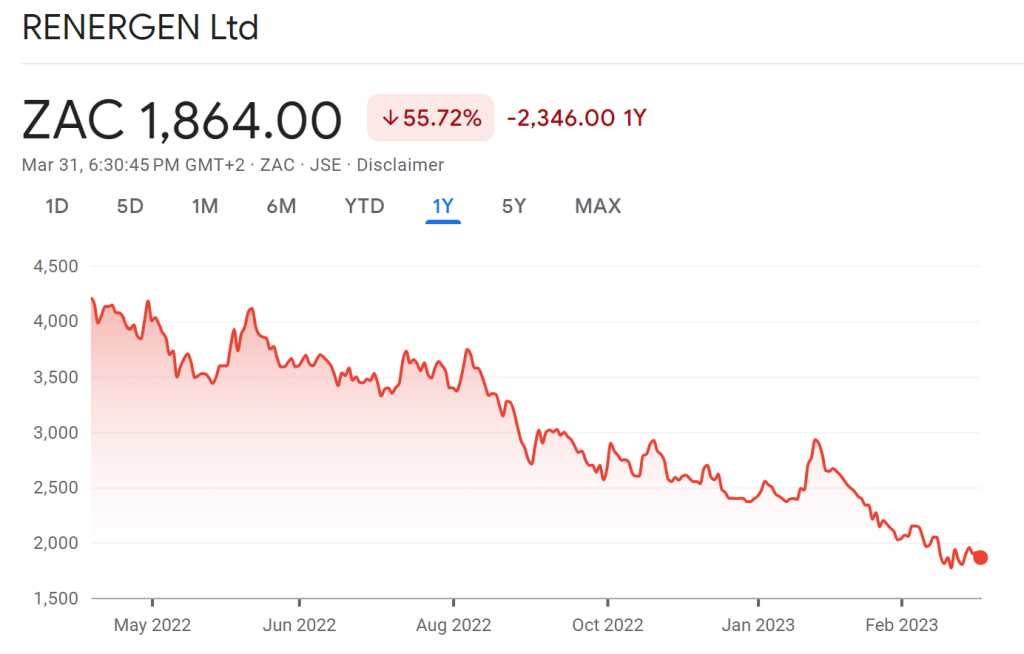
A critical time for Tongaat Hulett (JSE: TON)
There’s a lot happening between now and June
Tongaat Hulett is in business rescue and its shares are suspended from trading on the JSE because the company hasn’t released its financial statements for the year ended March. Until there is some certainty around the company’s ability to continue as a going concern, those financials can’t be released.
The post-commencement finance facility has been extended to 30 June 2023. This is the funding provided to the business rescue practitioners to enable the company to keep running while a plan is put together. Speaking of the business rescue plan, the release date has been extended to 31 May 2023. I don’t think I’ve ever seen a business rescue plan published in line with the originally communicated deadline.
Perhaps the most important news is that negotiations with existing stakeholders are expected to result in bids being received from equity partners by 26 May 2023.
In operational news, the impact of the floods in Mozambique has been estimated. Approximately 10% of the sugar cane estimated to be crushed by the Xinavane mill during the upcoming season has been lost. At Mafimbasse Estate, the impact is thankfully minimal.
Little Bites:
- Director dealings:
- The purchase of shares by Value Capital Partners tends to come through as director dealings because they usually have representation on the board. The latest example is a purchase of Sun International (JSE: SUI) shares worth over R65 million.
- A prescribed officer of AngloGold Ashanti (JSE: ANG) sold shares worth A$920k (pay attention to the currency there).
- An executive of Gold Fields (JSE: GFI) has sold shares worth R3.8 million.
- Des de Beer has bought another R1.9 million worth of shares in Lighthouse Properties (JSE: LTE).
- Three directors of Grand Parade Investments (JSE: GPL) accepted the mandatory offer by GMB (i.e. sold shares to GMB) worth a total of around R1.4 million.
- Sabvest (JSE: SBP) bought another R1.275 million worth of shares in Transaction Capital (JSE: TCP) (this is a director dealing as Chris Seabrooke is on the board of Transaction Capital).
- A non-executive director of BHP (JSE: BHG) has acquired shares worth over $58k.
- A director of Sirius Real Estate (JSE: SRE) bought shares worth £6.4k
- An associate of a director of Astoria (JSE: ARA) bought shares worth R20.7k.
- Lighthouse Properties (JSE: LTE) is offering another scrip distribution alternative to shareholders. This gives shareholders the option to receive shares in lieu of a cash dividend. The value for the scrip alternative is €0.01625 and the value for the cash distribution is €0.014625 per share. It’s been interesting to watch Des de Beer build his stake in the company through ongoing buying of shares and the scrip dividend as a kicker.
- Gemfields (JSE : GML) gave such a detailed update in March that I had already covered the details in this edition of Ghost Bites. If you want to go digging for more gems in the numbers, be aware that the annual report has been released at this link.
- Wesizwe Platinum (JSE: WEZ) released results for the year ended December 2022. There is no revenue yet, so there’s obviously no dividend. It’s all about cash burn, with administration expenses up by 66% to R62 million.
- Telemasters (JSE: TLM) is an obscure listed company that holds a variety of networking and data centre businesses. Revenue fell by 5% in the six months ended December 2022. Expenses were also reduced, so there’s at least a tiny operating profit (and I mean tiny). There is still a headline loss per share of 1.02 cents though, an improvement from a loss of 1.68 cents in the comparable period. Weirdly, a dividend of 0.01 cents has been declared.
- The circular for Ellies‘ (JSE: ELI) acquisition of Bundu Power will be distributed by 31 May 2023.
- Delta Property Fund (JSE: DLT) has achieved shareholder approval for the disposal of Capital Towers in Pietermaritzburg. The price is R65.55 million and the sale is now unconditional.
- Europa Metals (JSE: EUZ) released interim results for the six months ended December. The focus here is on the development of the Toral project, not the financial performance of Europa. The mining licence application is due for submission by 31 July 2023. The funding for the Toral project is coming from Canadian explorer and mine developer Denarius Metals Corp in exchange for a 51% stake in Toral project. In other words, investors need to be aware that Europa will not control that project over the long term.
- In an unusual update, Sygnia (JSE: SYG) noted that the person earmarked to take the Financial Director role on 1 April can no longer do so for personal reasons. A new candidate will need to be found.
- There’s a bit of musical chairs within the Heriot Properties (JSE: HET) stable in terms of where the investment in Safari Investments (JSE: SAR) is held. If you take the view of “Heriot and its concert parties” then there is no change here, as they hold 47.2% in the company before and after the latest deal.
- The circular for Sekunjalo’s offer to shareholders of Premier Fishing and Brands (JSE: PFB) has been delayed and will only be distributed on 5th May 2023. Also linked to this group, there’s a delay in the circular for the unbundling of African Equity Empowerment Investment’s (JSE: AEE) stake in AYO Technology (JSE: AYO). That circular will be out on 4th May 2023.
- Conduit Capital (JSE: CND) is currently suspended from trading and is in the process of finalising audits of group entities excluding Constantia Insurance Company. The board has also been a game of musical chairs in recent months, with several director changes.
- In case you need a reminder of how tiny Visual International (JSE: VIS) is, the company has taken a 20% interest in a property company called Tuin Huis. Before you get excited, that company owns just two houses in Cape Town’s northern suburbs that will be developed as an “Infill Housing Project” – a fancy name for a sub-division, from what I can tell. The CEO of Visual is also a shareholder of Tuin Huis, but the deal is so small that an independent expert isn’t even needed.
- London Finance & Investment Group (JSE: LNF), quite possibly the company on the JSE that gets spoken about the least in the market, released results for the six months ended December. The fair value of the portfolio increased by 8%, above the company’s benchmarks of the FTSE 100 (1.9%) and the FTSEurofirst 300 Index (5.7%). The dividend is steady year-on-year at 55 pence, with the rand amount obviously varying vs. last year because of the exchange rate. Liquidity in this stock is almost non-existent.
- And finally, if you feel like reading something that will make all your problems feel better, look for the quarterly update by Afristrat Investment Holdings. I wish I could even find the company’s website to include as a link here.

